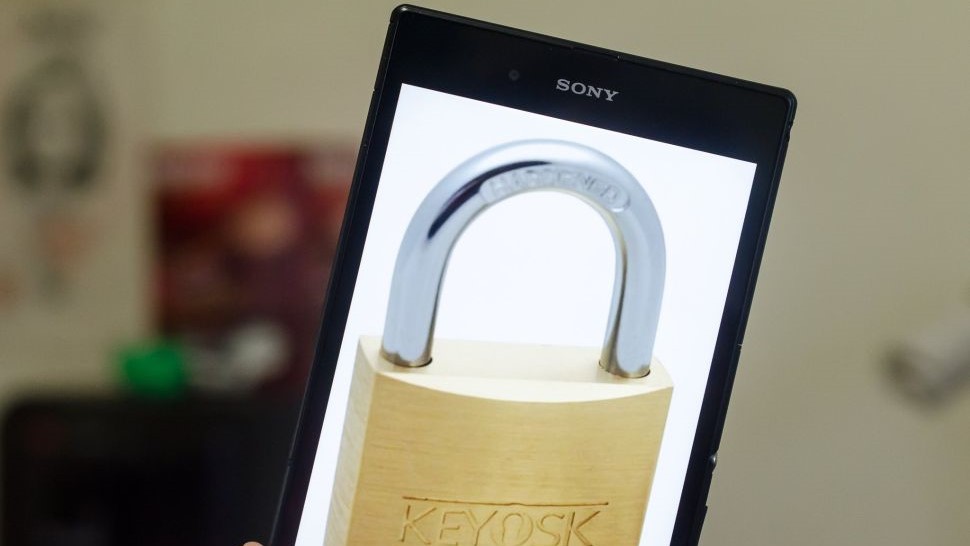Typically, I spend my Saturday morning writing about Android or Google or just the gadgets we all use and love, but this week I’m talking about Apple.
Not really, but Apple is at the forefront and under the spotlight because it’s trying to do the right thing for its customers, or at least what it is sure is the right thing. What’s important isn’t that it’s Apple doing it, but that a company with enough money to fight is taking on the might of the U.K. government because it thinks the cause is worthwhile.
Android & Chill

One of the web’s longest-running tech columns, Android & Chill is your Saturday discussion of Android, Google, and all things tech.
What are you talking about, Jerry?
In late February of this year, Apple announced that it “can no longer offer Advanced Data Protection in the United Kingdom to new users.” the company gives us a good rundown on what this means on its website if you’re more curious (you should be), but the jist of it is that the U.K. now requires Apple to provide access to encrypted iCloud data for anyone using it in the country. Rather than comply, Apple cut off millions of users.
It’s important to note that this is only directed at Apple, at least for now. Google, Meta, Microsoft, and the rest of the big tech companies aren’t affected. They probably will be soon enough.
This seems like a bad call and feels a little unfair to U.K. customers, but it’s neither. In fact, you could say it’s the opposite and Apple is doing what’s best; this is what I happen to think, though I’m saying it as an outsider who doesn’t live in the U.K. or use Apple products like iCloud.
Apple and its trillion-dollar trust fund are taking the fight to the courts and have officially filed a claim against the British Home Department’s Secretary of State.
More on security and privacy
Granting a backdoor to the government is a terrible idea, even though it may help in certain situations. Most importantly, Apple has long promised to never do it and is sticking to its guns for the time being.
It’s also very important to note that the official U.S. response probably wasn’t what you thought it might be. Officials in Washington don’t like the idea of a backdoor for the U.K. government very much, stating it has “grave concerns” about requiring a company to create a backdoor that would allow access to any American’s encrypted data, calling it a violation of privacy and civil liberties. There was no cheering from D.C., surprisingly.
This should matter to you, even if you think that authorities should have a way to access encrypted data through proper channels. And I do understand why people feel that way and realize that serious crimes and acts of terror could be investigated, maybe even prevented, by doing it.

These high-profile cases can’t be the litmus test, though. For every international drug cartel or terror cell disrupted because the “right” people could look at the “right” data, how many times will this privilege be abused?
A little old grandmother who lives in Georgia getting busted because she grows weed to help with her glaucoma is subject to the same scrutiny as the next Pablo Escobar is. That means you are, too. People doing the investigating are just people and will sometimes take the easy route. Digging through a full backup of all your phone data is pretty damn easy.
I have no idea if Apple will prevail, and can’t even offer a prediction. What I do know is that if this stands, other companies in other countries will become targets of the same types of laws and, in the words of the U.S. Director of National Intelligence, Tulsi Gabbard, our civil liberties are subject to violation.



 Viesearch - The Human-curated Search Engine
Blogarama - Blog Directory
Web Directory gma
Directory Master
http://tech.ellysdirectory.com
8e3055d3-6131-49a1-9717-82ccecc4bb7a
Viesearch - The Human-curated Search Engine
Blogarama - Blog Directory
Web Directory gma
Directory Master
http://tech.ellysdirectory.com
8e3055d3-6131-49a1-9717-82ccecc4bb7a